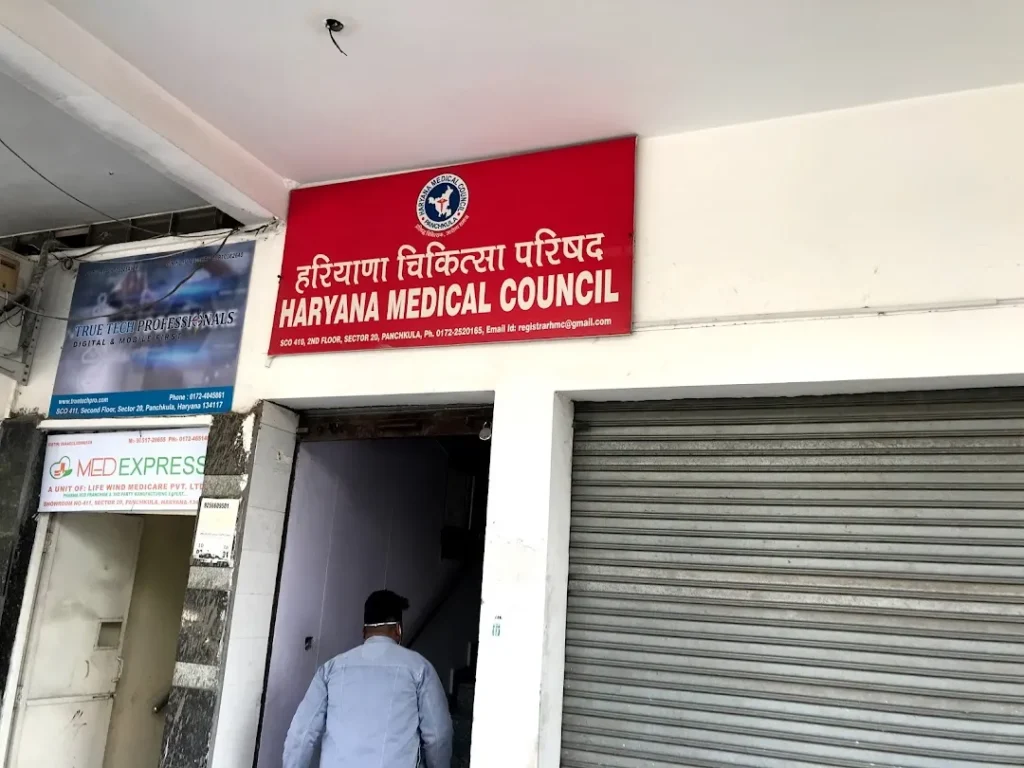
Chandigarh: Seven aspiring doctors have been caught using forged documents, including fake degrees and no-objection certificates (NoCs), to gain medical registration in Haryana, triggering a thorough investigation by the Haryana Medical Council. Officials suspect this may be part of a larger racket, potentially involving hundreds more fraudulent registrations.
Council Chairman R.K. Aneja confirmed that five registrations have been canceled so far, and criminal proceedings have been initiated against those involved. Fraudulent NoCs reportedly originated from the medical councils of Madhya Pradesh and Odisha, while two fake degrees were attributed to Haryana’s Maharishi Markandeshwar University (MMU).
Allegations and Findings
- The fraud came to light following a complaint that prompted scrutiny of NoC-based registrations.
- Verification revealed cases where individuals registered in other states using fake degrees from Haryana-based institutions.
- Among the seven individuals caught, one hails from Haryana, while the rest are mostly from Uttar Pradesh.
- Examples of fraudulent activity include a fake postgraduate degree in radiodiagnosis and a forged MBBS degree.
Broader Investigations Underway
- The council is re-examining all NoC-based registrations and degrees from medicos who studied in Haryana but registered in other states.
- Haryana’s Minister for Medical Education and Research, Aarti Singh Rao, has authorized an inquiry to bolster these efforts.
Concerns Over Organized Racketeering
Aneja speculated that an organized gang might be behind these forgeries. The council has engaged the police to investigate the matter further, focusing on the source of fake documents and potential systemic weaknesses.
Each year, approximately 300 to 500 doctors migrate their registrations to Haryana using NoCs, which will now face increased scrutiny to prevent similar incidents in the future.
This scandal underscores the urgent need for robust verification processes in medical licensing to maintain public trust and ensure the credibility of healthcare professionals.